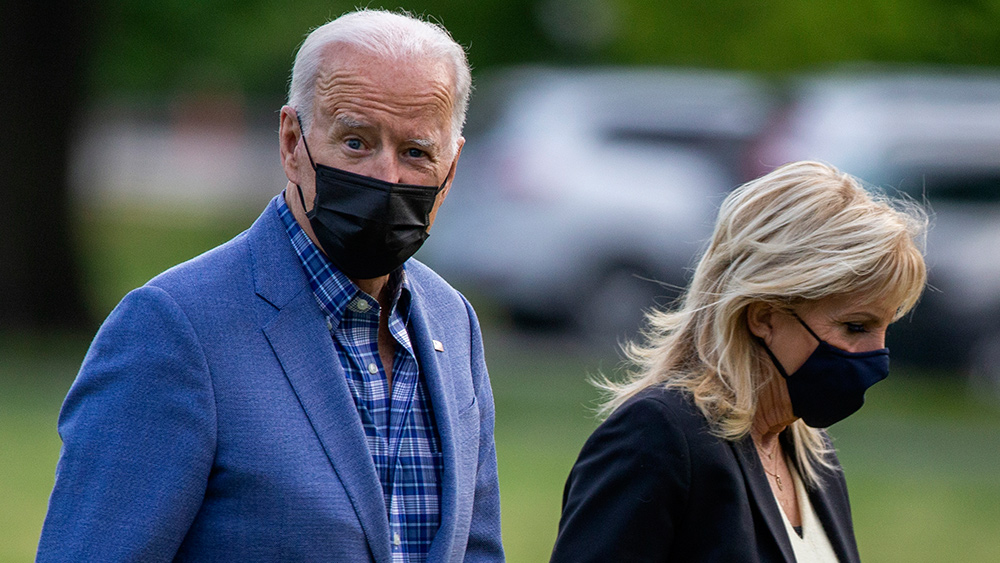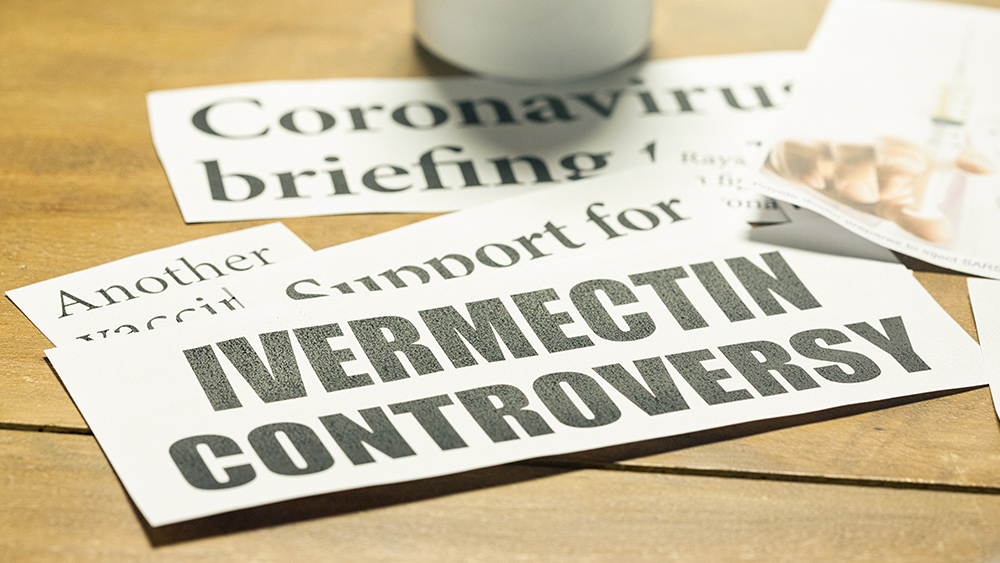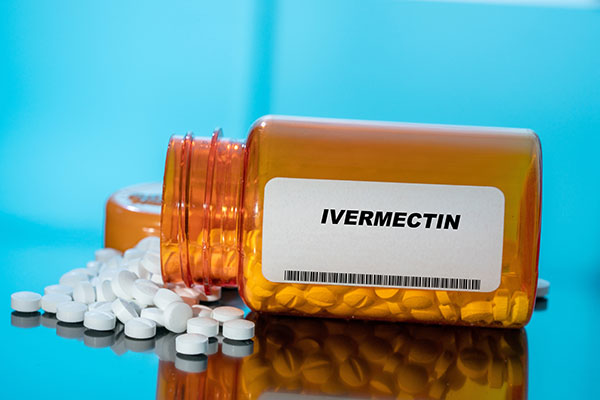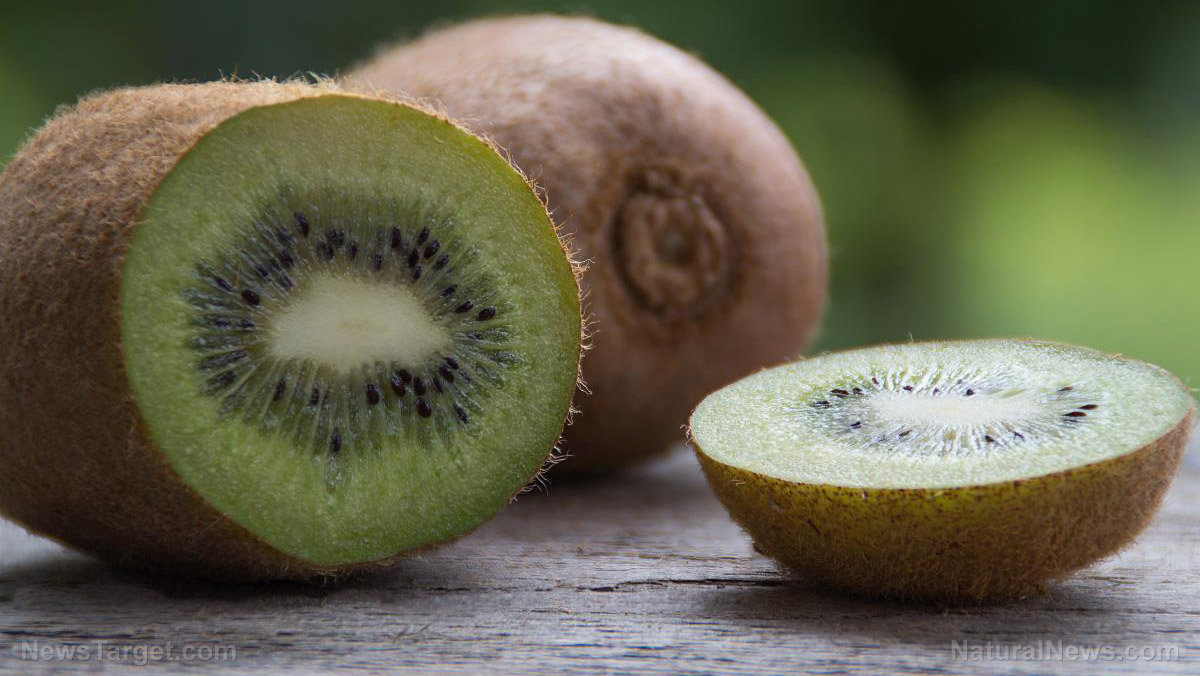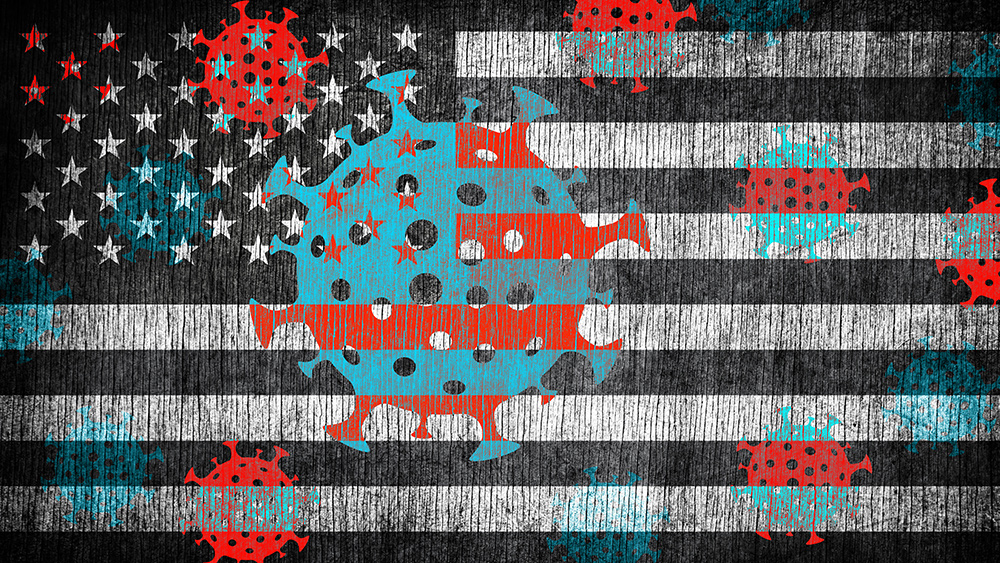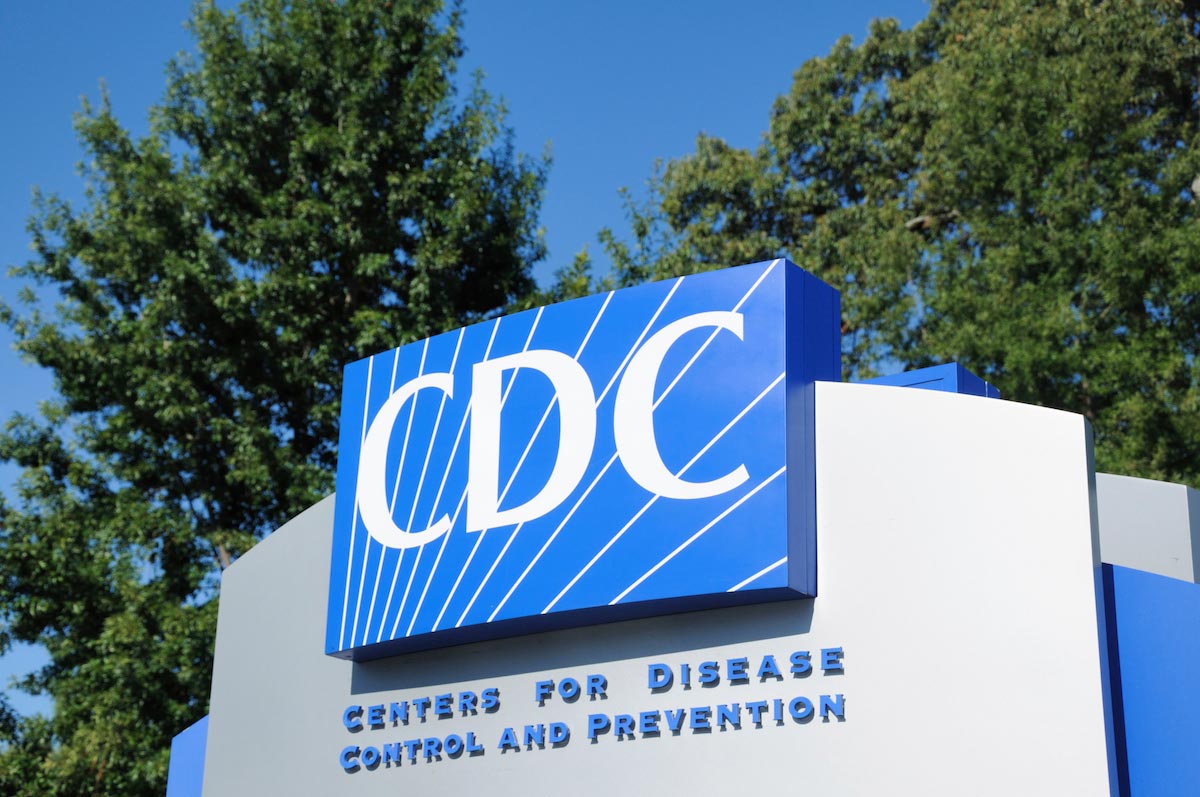3 Scalp conditions and how to treat them
09/06/2023 / By Zoey Sky

Are you doing enough to keep your scalp healthy?
Having a healthy scalp is also key to your well-being, so if you’re experiencing scalp conditions like hair loss, or worry about that, it might be time to make some changes to your daily habits.
According to data from the National Institutes of Health (NIH), a healthy scalp helps produce healthy hair. If your scalp is unhealthy, you may experience various symptoms such as bumps, flakes, itchiness, uncomfortable rashes, hair loss, red spots, scabs or sores.
The skin on your scalp is different than that on the rest of your body. The scalp contains more hair follicles and has more sebaceous glands. These small glands are found in hair follicles and some hairless parts of your body and they release sebum, an oily substance that acts as a lubricant for hair and skin.
This makes your scalp a particularly rich environment for microbes, which can cause different problems. Dandruff , the most common scalp condition is caused by the sped-up growth of epidermal cells on the outermost layer of the skin, which flake and create a “snowfall” on your shoulders.
Here are more scalp conditions that may require medical treatment or lifestyle changes:
Allergic contact dermatitis (ACD)
Allergic contact dermatitis (ACD) is a rash and it is a reaction to the scalp coming into direct contact with an allergen that triggers a response from your immune system. Unfortunately, this can occur days after the contact, making it harder to confirm what your body is reacting to.
ACD symptoms
ACD can be painful and itchy, but in some cases, it may also cause oozing in affected areas. The symptoms of a severe case of ACD can sometimes be mistaken for infection.

ACD causes itchy redness. On darker skin tones, the affected areas may look pink, grayish or purple.
These factors can cause ACD:
Hair dye. Paraphenylenediamine (PPD) is a chemical that is commonly used as a permanent hair dye, but it can harm your skin. PPD is also one of the most common causes of scalp allergic contact dermatitis.
Shampoos and conditioners. The various chemicals and fragrances in shampoos and conditioners are also common causes of ACD.
Other chemicals. Other possible ACD allergens include:
- Cocamidopropyl betaine
- Methylisothiazolinone (MI) or a combined formulation of methylchloroisothiazolinone and MI
- Propylene glycol
ACD treatments
To treat ACD, you must identify your trigger and eliminate it.
Because this can be hard to determine on your own, you may need a patch test to find out what your body is allergic to.
Consult a dermatologist who can recommend a topical steroid gel, foam, cream or ointment. Two to three weeks of treatment can help decrease inflammation and clear up ACD.
Hair loss
Hair loss can be caused by many factors and consulting your doctor for a thorough physical can help identify any underlying medical problems so it can be treated if found.
Hair loss symptoms
Your symptoms may include:
- Bald spots on your scalp
- Hair breaking or shedding
- More loose hair on your comb or hairbrush
- Pain or itching
- Receding hairline
These factors can cause hair loss:
- Genetics
- Hair fragility
- Hormonal abnormalities
- Inflammation
- Medications
If you notice that your hair is breaking or shedding, make an appointment to get evaluated by a healthcare provider immediately. They may need to run blood work to evaluate for anemia, autoimmune markers, irregular hormone levels, thyroid abnormalities and vitamin deficiency.
Other causes may include:
Age. As estrogen levels decrease between childbearing age and menopause in women, your hair may thin out.
Extreme stress. This can be induced by the death of a family member or a close friend, or work-related problems.
Harsh hair treatments. Years of hair treatments like bleaching, dyeing, perming or straightening can also cause hair loss.
Infection and illness. Infection and illness can cause significant hair loss months after the incident because of a condition called telogen effluvium.
A survey conducted by Survivor Corps revealed that at least 68 percent of 1,700 COVID-19 survivors reported experiencing hair loss after their coronavirus infection.
Major weight loss. This can sometimes be linked to a high-protein diet.
Hair loss treatments
If you dye or bleach your hair, take a break from over-processing your hair. Experts recommend wearing more natural styles to prevent hair loss. (Related: Looking for a natural way to regrow hair? Try chaga mushrooms.)
Follow a balanced diet. Following a well-balanced diet can help if you are dealing with hair loss. Consult your doctor to see if you are deficient in iron or specific vitamins.
Platelet-rich plasma. Platelet-rich plasma (PRP) can help if you have androgenetic alopecia or male and female pattern hair loss and the residual thinning after telogen effluvium. During PRP, your blood is drawn and the plasma, which is rich in various growth factors effective for stimulating hair regrowth, is isolated and injected or applied to the scalp with microneedling.
Psoriasis
Psoriasis affects at least one to two percent of the general population and you can get it at any age.
Psoriasis can affect any part of your body but, according to the National Psoriasis Foundation, at least 45 to 56 percent of people with the condition develop it on their scalp. Unfortunately, psoriasis on the scalp is one of the most difficult types to treat.
Psoriasis symptoms
While psoriasis can be similar to dandruff, the buildup of skin cells creates scaly patches that are dry instead of oily. If you have psoriasis, patches on affected areas can hurt, itch, crust up and bleed.
Psoriasis causes symptoms such as:
- Pink plaques with a silvery scale
- On darker skin tones, the plaques may appear dark red or purplish
These factors can cause psoriasis:
Experts think psoriasis is an immune dysregulation around skin cells that causes the cells in the top layer of the skin to function abnormally.
Stress can make psoriasis worse because it causes an increase in the hormone cortisol, which can boost inflammation.
Psoriasis treatments:
Having a gentler hair routine can help if you have psoriasis.
Don’t shampoo your hair every day to help lessen the amount of skin rashes. You can also try a therapeutic oil cream.
Excimer laser. An excimer laser can target individual spots that are not responding to other therapies.
Topical steroids. Topical steroids control the inflammatory response and they are the most common treatment for psoriasis.
Avoid harsh hair treatments and follow a balanced diet to keep your scalp and hair healthy.
Visit Remedies.news for more natural remedies for hair loss and other health issues.
Watch the video below to know more about natural remedies for dandruff.
This video is from the Natural News channel on Brighteon.com.
More related stories:
Aloe vera: a holistic staple throughout history.
Nutrition for lovely locks: Make your hair thicker naturally.
Pumpkin seeds: A nutritious, inexpensive and versatile snack with plenty of health benefits.
Sources include:
Submit a correction >>
Tagged Under:
ACD, allergic contact dermatitis, allergies, chemicals, Cosmetics, Cures, hair growth, hair loss, health science, immune system, men's health, psoriasis, remedies, tips, women's health
This article may contain statements that reflect the opinion of the author

